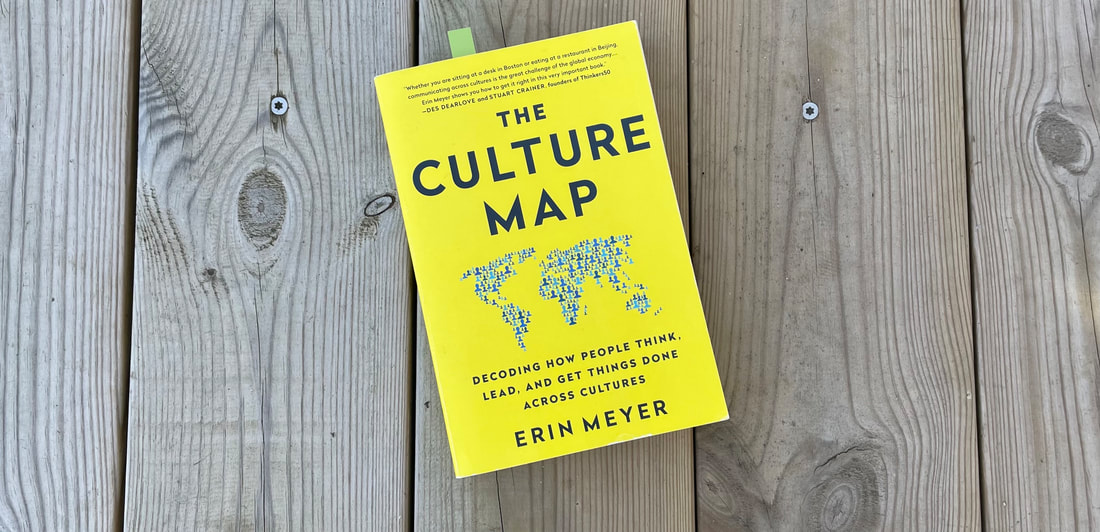|
There are 10 people in a room together. 1 American 1 German 1 Israeli 1 Chinese 1 Indian 1 Italian 1 Spanish 3 Romanian Will all of their smiles communicate the same message? Yesterday, I launched a new set of book circles on The Culture Map by Erin Meyer with Morningstar. Both groups had an interesting breakdown of nationalities, though the group above, had a broader mix. I anticipate that we are doing to have some rich explorations of culture and how our own culture and that of our colleagues affects how we work together and even lead. Coincidentally, last night I was reading Bittersweet by Susan Cain, and her words seemed to be a perfect fit to our reading around culture. In her book, Cain mentions the American smile, it's connection to toxic positivity, and how it is perceived by other nationalities. She quoted research that states, Many societies believe that expressing happiness invites bad luck, and is a sign of selfishness, shallowness, and an uninteresting and sinister mind. I shared the idea with both book circles and ask them, "What do you think of the American smile?" One woman shared this: About the American smile – I can't say much about this, but I can tell you how shocked I was when I visited the US for the first time (about 28 years ago) I went into a shoe shop and the sales lady came to me and said “Hi, how are you?”. Me, very suspicious: “I'm good, thank you and how are you?”, she replied “Good. How can I help you?”. The rest of the story is irrelevant, but I was very surprised that someone I don’t know asked me how I was. Coming from Paris, this is something that never happened. I wondered if she genuinely cared about the answer or not…I even thought to myself, next time I will answer “I am not great today”, just to hear what they will reply. The whole thing sounded very superficial and fake to me. To me, if you ask me how I'm doing, you should genuinely be interested in how I am doing. Does that make sense? Another participant said: About the American smile – it is somewhat true that some cultures can feel it’s even untrustworthy. In Finland, where I am from, smile is sometimes felt like you are pretentious and maybe hiding something. But then again, I always feel that is the first step I make friends and people to be on my side, to trust that I “don’t bite”. And a third said: I am quite wary of the American “how are you?” I had to learn that it was an ice-breaker/polite thing to start any conversation rather than being able to reply with how you were really feeling; I could only reply “fine” or “good” most of the time. So not directly about the American smile, but this is what comes to mind now. Do you ever think about how your smile is affected by your culture? Originally posted on LinkedIn with comments. Reed Deeper Not Faster
0 Comments
Leave a Reply. |
Hi there!I am Theresa Destrebecq. |



 RSS Feed
RSS Feed